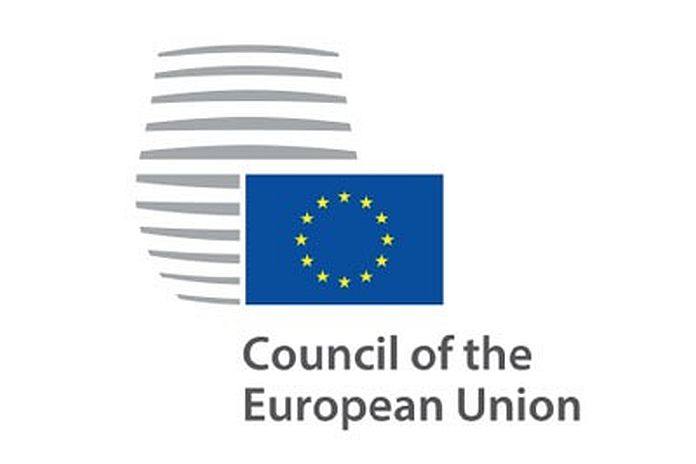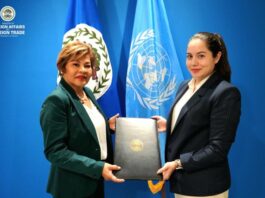BRUSSELS, Belgium – On February 2024, the Council removed The Bahamas, Belize, Seychelles, and Turks and Caicos Islands from the list of non-cooperative jurisdictions for tax purposes.
With these updates, the EU list consists of the following 12 jurisdictions: American Samoa, Anguilla, Antigua and Barbuda, Fiji, Guam, Palau, Panama, Russia, Samoa, Trinidad and Tobago, US Virgin Islands, and Vanuatu.
The Council regrets that these jurisdictions are not yet cooperative on tax matters and invites them to improve their legal framework in order to resolve the identified issues.
Reasons for removing jurisdictions from the list
This EU list of non-cooperative tax jurisdictions (Annex I) includes countries that either have not engaged in a constructive dialogue with the EU on tax governance or have failed to deliver on their commitments to implement the necessary reforms. Those reforms should aim to comply with a set of objective tax good governance criteria, which include tax transparency, fair taxation and implementation of international standards designed to prevent tax base erosion and profit shifting. The list is updated twice a year to keep track of developments, usually in February and October, under the auspices of the EU finance ministers.
Concerning The Bahamas and Turks and Caicos Islands, ever since October 2022, deficiencies in the enforcement of economic substance requirements had been identified in both of these jurisdictions by the OECD Forum of Harmful Tax Practices (FHTP). In the FHTP’s most recent assessment, the recommendations to both jurisdictions to remedy these deficiencies were converted from “hard” to “soft” recommendations, which allowed the Code of Conduct Group to consider these jurisdictions compliant with the standard for jurisdictions with no or only a nominal corporate income tax.
In October 2023, Belize and Seychelles were included in the EU list of non-cooperative jurisdictions for tax purposes after a negative assessment from the OECD Global Forum with regard to exchange of information on request. Following changes to the applicable rules in these jurisdictions, the Global Forum has granted them both a supplementary review, which will be undertaken in the near future. Pending the outcome of this review, Belize and Seychelles have been included in the relevant section of Annex II.
State of play document (Annex II)
In addition to the list of non-cooperative tax jurisdictions, the Council approved the usual state of play document (Annex II) which reflects the ongoing EU cooperation with its international partners and the commitments of these countries to reform their legislation to adhere to agreed tax good governance standards. Its purpose is to recognise ongoing constructive work in the field of taxation, and to encourage the positive approach taken by cooperative jurisdictions to implement tax good governance principles.
Two jurisdictions, Albania and Hong Kong, fulfilled their commitments by amending a harmful tax regime, and will be removed from the state of play document.
Aruba and Israel also fulfilled all of their pending commitments (related to the automatic exchange of financial account information in the framework of the common reporting standard).
The Global Forum gave Botswana and Dominica positive ratings with regard to the exchange of information on request, resulting in the deletion of the reference to these jurisdictions in the relevant section.




